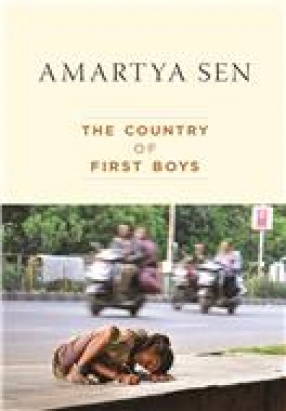
Amartya Sen

Showing all 19 books

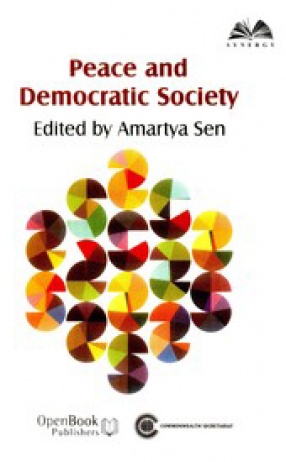
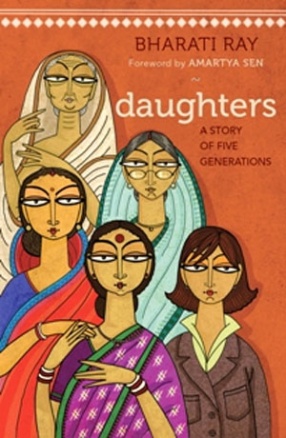
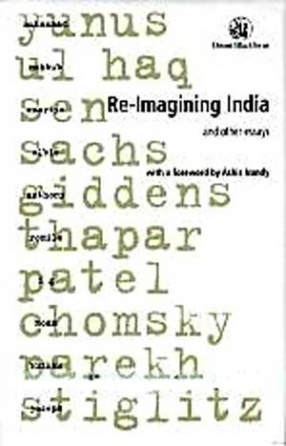
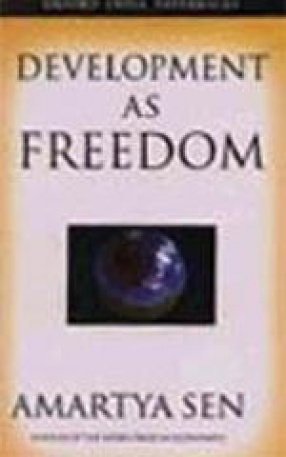
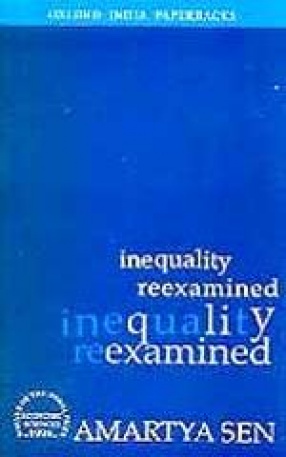

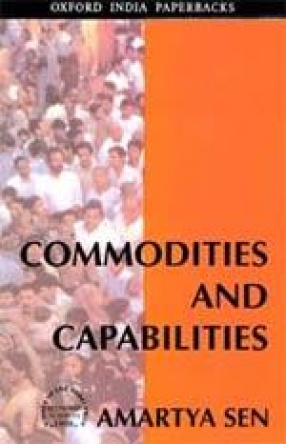


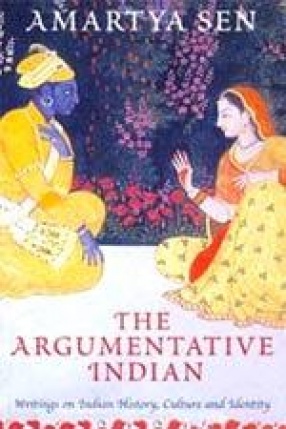

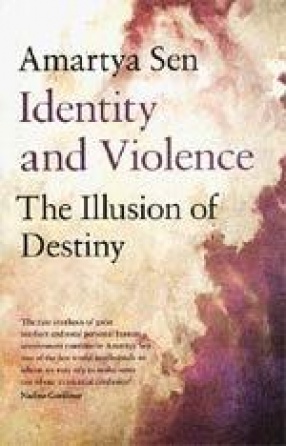
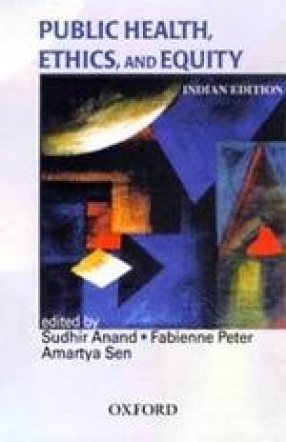
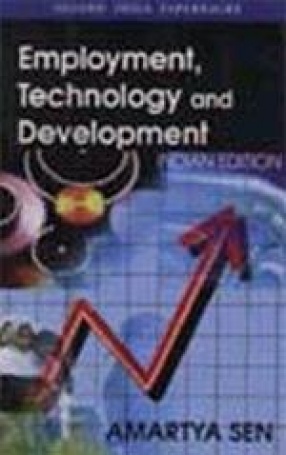
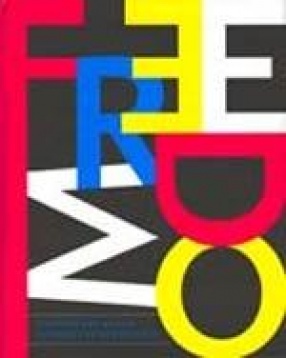

How do deprivations related to class, caste, and gender interrelate?
Why are our political leaders so good in saying what should be done without doing anything much about them?
How should we think about Sanskrit and ancient India without adding religious colour?
Why is it important to revive Nalanda, the world's oldest university?
The Country of First Boys is Amartya Sen's intellectual journey through the past and present to seek an understanding of India's ...

Recent acts of terrorism and the pro-democracy unrest in the Middle East remind us how important it is to understand the relationship between violence, peace and democracy. In a challenging and insightful essay, Amartya Sen explores ideas around organised violence (war, genocide and terrorism) and violence against the individual. Highlighting the inadequates of some of the widely accepted explanations for violence-including the idea that the world is experiencing ...

Autobiography of a woman college professor, historian, and vice-chancellor from Calcutta, India. A chronicle of the lives of five generations of women in the author’s family, this fascinating story spans over a hundred years in its narrative sweep, from the late nineteenth century to the early years of the twenty-first. It mirrors and critiques the progress of a nation, its society and its women, seamlessly blending biography with social history.Sundar-ma, ...

Re-imagining India and Other Essays brings together a collection of writings that originated from annual lectures, organised at the Institute of Social Sciences, by leading economists, political and legal thinkers, sociologists, linguists and historians. Addressing a diverse array of themes, the essays are bound by a common thread—concern for humanity.This volume explores a wide range of issues as varied as—need for basic education, poverty, human ...

Freedom, Sen persuasively argues, is at once the ultimate goal of social and economic arrangements and the most efficient means of realizing general welfare. Social institutions like markets, political parties, legislatures, the judiciary, and the media contribute to development by enhancing individual freedom and are in turn sustained by social values. Values, institutions, development, and freedom are all closely interrelated, and Sen links them together in an ...

In this original and incisive monograph, the author begins by identifying a common characteristic of virtually all the contemporary ethical approaches to social arrangement. The basic issue that divides the different approaches is not 'whether equality' but 'equality of what'? The claims of equality in social arrangements are analyzed by the author on the pervasive diversity of human beings, which makes equality in one sphere conflict ...

This collection of essays contains Professor Sen's most important contributions to economic analysis and methods. It includes papers on several interrelated topics: choice, preference, rationality, welfare judgements, public decisions and social choice and measurement. The substantive introductory essay examines underlying issues and links the papers to the associated literature.

This short monograph presents a set of interrelated theses concerning the foundations of welfare economics, in particular the assessment of personal well-being and advantage. The argument presented focuses on the capability to function, i.e. what a person can do or can be, questioning in the process the more standard emphasis on opulence as in 'real income' estimates or on utility as in traditional 'welfare economic' formulations. Insofar as opulence and utility ...

This book presents an analysis of the enduring problem of hunger in the modern world, and of the role of public action in meeting this challenge. Public action is understood to involve not only the activities of the state, but also those of opposition parties, civic organizations and the public at large. Drawing on a wealth of case studies, the authors discuss a wide range of issues relating to the eradication of hunger and famines, including the economic, social ...

This seminal work, first published in 1973, presents a systematic treatment of the conceptual framework as well as the practical problems of measurement of economic inequality. Alternative approaches are evaluated in terms of their philosophical assumptions, economic content, and statistical requirements. It integrates the relevant literature with substantive issues that make inequality a matter of great practical interest. In a new annexe recent developments in ...

This book is a classic analysis of an extraordinary paradox: in a world of food surpluses and satiety, hunger kills millions more each year than do wars or political repression. This collection of influential essays addresses a wide range of policy issues relating to the role of public action in combating hunger and deprivation in the modern world. It covers topics like the characteristics and causal antecedents of famine and endemic deprivation; the ...
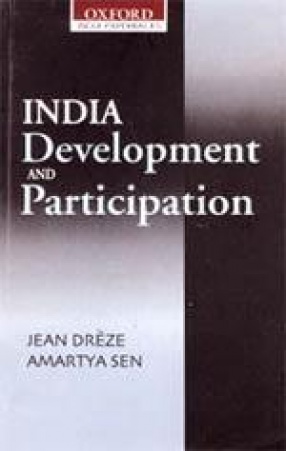
In comparative international perspective, the Indian economy has done reasonably well in the period following the economic reforms initiated in the early nineties. However, relatively high aggregate economic growth coexists with the persistence of endemic deprivation and deep social failures. Jean Dreze and Amartya Sen relate this imbalance to the continued neglect, in the post-reform period, of public involvement in crucial fields such as basic education, health ...

India is a very diverse country with many distinct pursuits, vastly differing convictions, widely divergent customs, and a veritable feast of viewpoints. The Argumentative Indian brings together an illuminating selection of writings from Nobel prize-winning economist Amartya Sen that outline the need to understand contemporary India, including its thriving democracy, in the light of its long argumentative tradition. That tradition has not only influenced the ...


The world may be more riven by murderous violence than ever before, yet Nobel Laureate Amartya Sen argues in this sweeping philosophical work that the brutalities are driven as much by confusion as by inescapable hatred. It was at the age of eleven that Amartya Sen first encountered murder. The Hindu-Muslim riots, which suddenly erupted in the 1940s in India, were led by instigators on both sides. Most of the victims - both Hindus and Muslims - in those riots ...

It is widely recognized that health is influenced by a variety of social economic, and environmental factors and not just by access to health care. The extensive empirical literature on the social determinants of-and inequalities in-health has yet to be matched by an appreciation of the normative underpinnings of health equity. Health equity expresses a commitment of public health to social justice, which raises a series of ethical issues. Why, if at all, should ...
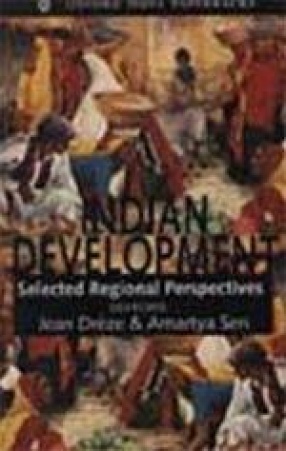


Confident of its future but proud of its past, this new India is a markedly different place from the country that gained freedom that August midnight in 1947. How this came to be is a fascinating study that this volume records through words and visuals. Essays by finest minds analyze various aslpects of the nation's progress while paintings by India's best and brightest reveal starling yet enthralling ways of seeing these changes.
